(CLO) During the election campaign, Donald Trump vowed to end conflicts in the Middle East during his second presidential term.
According to a post-election poll released by commercial television channel Channel 12, 67% of Israelis said they were "satisfied with Mr Trump's victory".
This is also evident on the streets of Israel. "We hope Donald Trump will do great things for our country, as well as for America, as he has promised so many things," said Benaya Koller, a young passerby in Jerusalem.
Israeli Prime Minister Benjamin Netanyahu was “one of the first to call” the president-elect, his office said in a statement. “Their conversation was warm and friendly” and both “agreed to cooperate for Israel’s security.”

Many Israelis are looking forward to a second term for Mr Trump. Photo: AFP
Trump's Israel policy in his first term
During his first term, Mr. Trump implemented a number of controversial policies in support of Israel. In 2017, he recognized Jerusalem as Israel’s capital and moved the U.S. Embassy there from Tel Aviv, reversing decades of U.S. policy and international opinion on the issue. He also recognized Israeli sovereignty over the occupied Golan Heights, which Israel captured from Syria in the 1967 war and annexed in 1981.
Mr Trump is also seen as the architect of the Abraham Accords, a series of agreements that normalized relations between Israel and several Arab countries but left out a solution to the Palestinian-Israeli conflict. Some analysts believe Mr Trump could push for normalization of relations between Israel and Saudi Arabia in his second term.
He could also try to revive the Deal of the Century — a plan in which Israel annexes all of its settlements in the West Bank while granting Palestinians some autonomy in the remaining lands.
However, in recent years, the relationship between Netanyahu and Trump has cooled after the 2020 US election. After the Hamas attack on October 7, 2023, Trump criticized Netanyahu for being unprepared, asserting that the attack would not have happened if he were still president.
Still following the situation in the Middle East
The situation in the Middle East will certainly demand the attention of the next US administration. Mr Trump has not yet laid out a major policy plan for the region, except to say he would end the conflicts in Gaza and Lebanon, but has not made clear how he would differ from the Biden administration.
“Trump has made it clear to Netanyahu that he wants this done by January 20 when he gets to the White House,” said Alon Pinkas, a former Israeli diplomat based in New York. In April, Trump said Israel was losing the “public relations war in Gaza” and urged it to “get it done quickly.”
Critics accuse Netanyahu of stalling for time to wait for a new US president, despite the Biden administration’s full military and political support for Israel throughout the war. Former diplomat Pinkas said Netanyahu is happy with Trump because “Trump won’t pressure him on the Palestinian issue at all.”
During the first Trump administration, the United States rejected the common international position that Israeli settlements in the West Bank were illegal.
"Elated mood" among Israeli settlers
Israel’s Yedioth Ahronoth newspaper reported on November 7 about “excited sentiment” among Israeli settlers about Trump’s re-election. The newspaper noted that settler leaders have plans for the post-inauguration period and have been working with key Republicans over the past few years to prepare for Trump’s return.
According to the article, their plans include launching "an initiative to impose Israeli sovereignty over Judea and Samaria and 'seize territory' to establish new settlement outposts in the northern Gaza Strip."
Annexing more territory would end the idea of a two-state solution, as would the creation of a sovereign Palestinian state. While Netanyahu has denied any plans to reestablish Israeli settlements in Gaza, statements from Israeli officials and ministers suggest otherwise.
There are also concerns that Palestinians will not be able to return to northern Gaza, where Israel has resumed ground attacks because it believes Hamas is there. Residents of the area say they are caught in the crossfire amid fierce fighting.
An estimated 90% of Gaza's population has been displaced by the 14-month war. One of them is Shadi Assad, 22, from the Jabalia refugee camp in northern Gaza. He has little hope that the new US administration will bring anything positive and just wants to go home.
“We are living in unprecedented misery, and no one cares,” he said. “We just want the war to end, with or without a deal, with or without Trump.”
Ngoc Anh (according to DW)
Source: https://www.congluan.vn/chien-thang-cua-ong-trump-anh-huong-the-nao-den-xung-dot-israel--hamas-post320677.html

















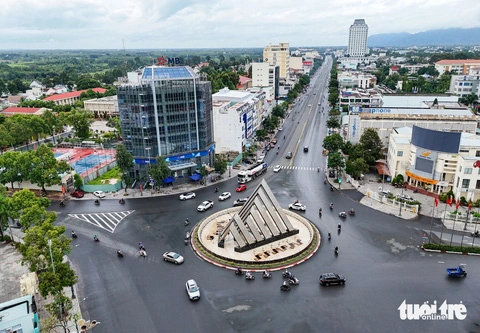











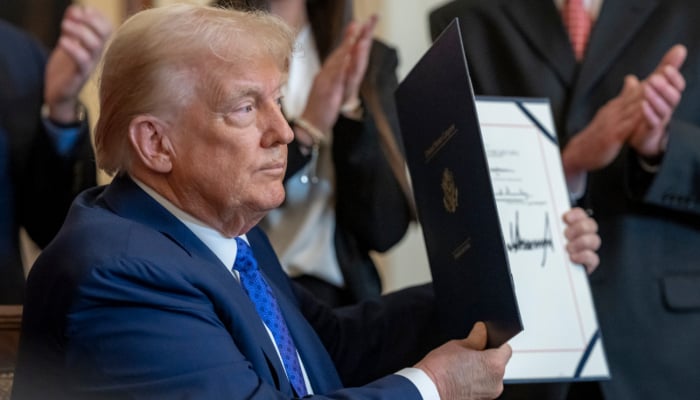
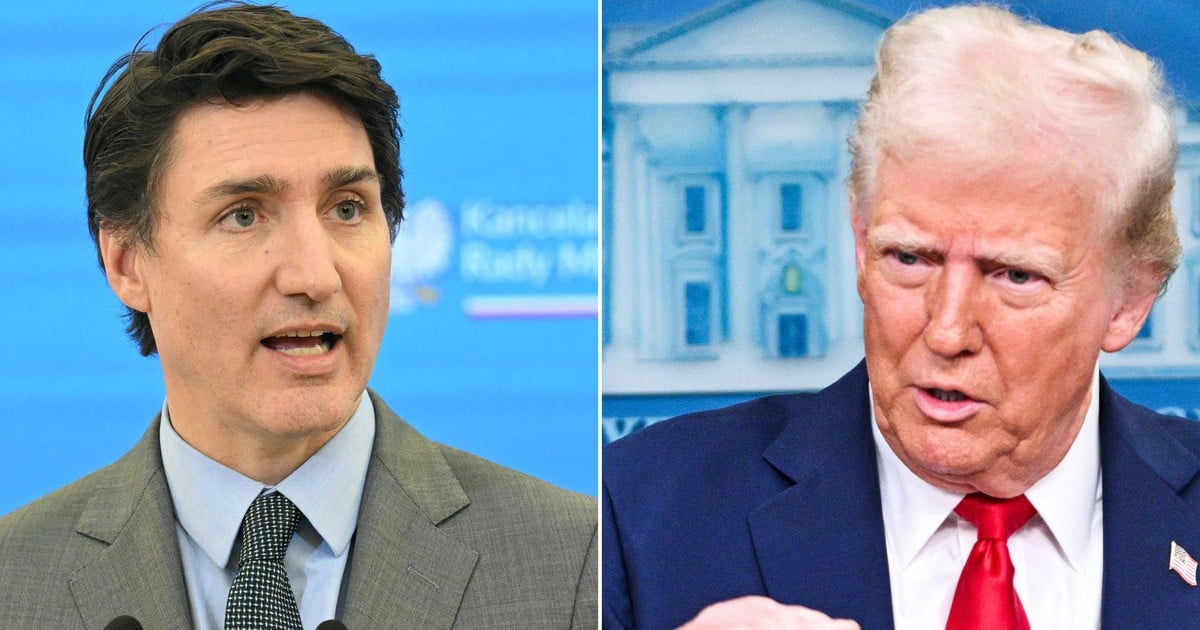


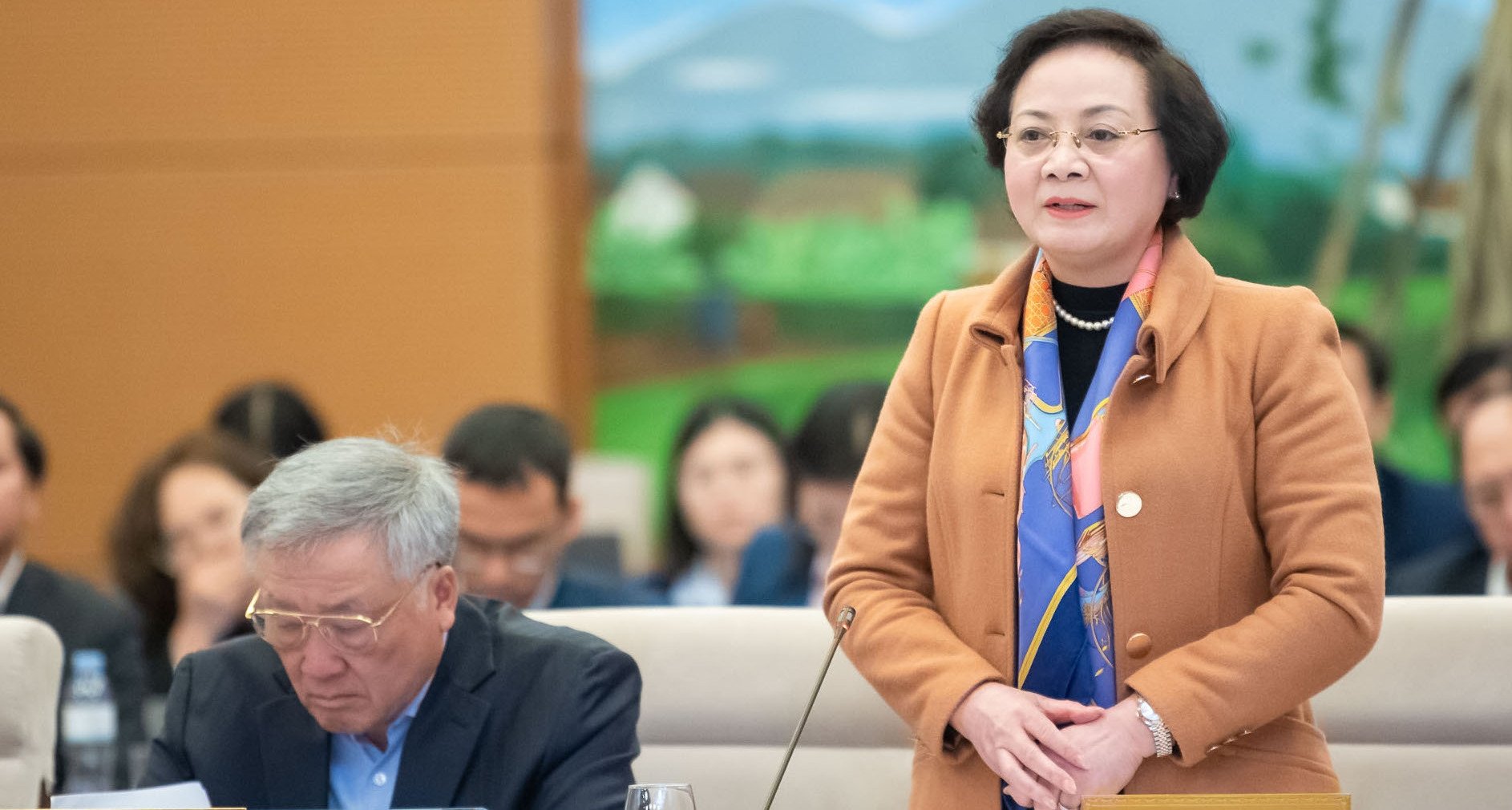


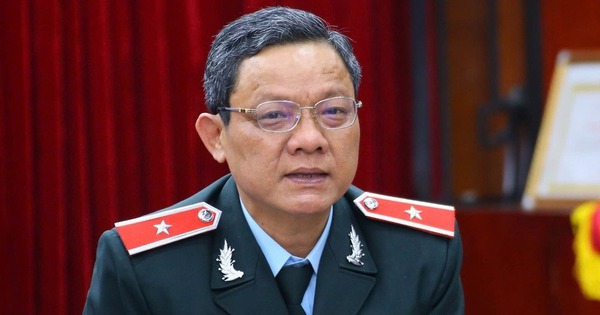

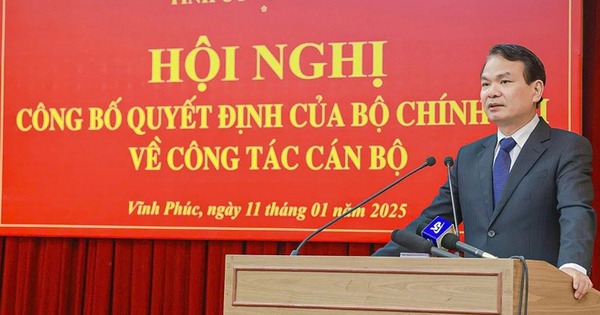




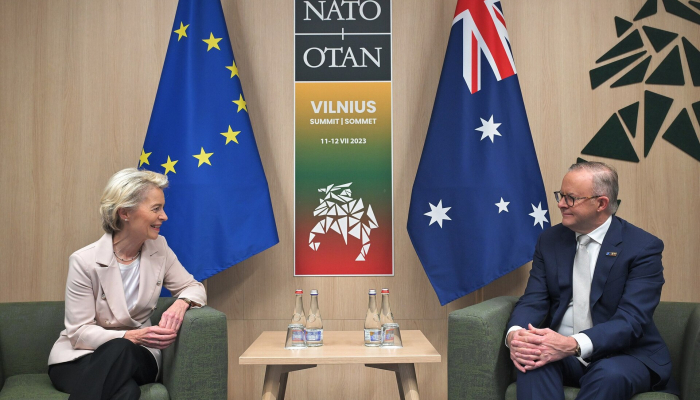
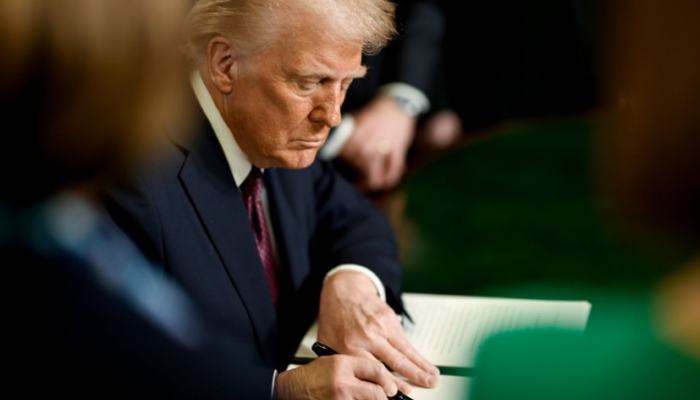






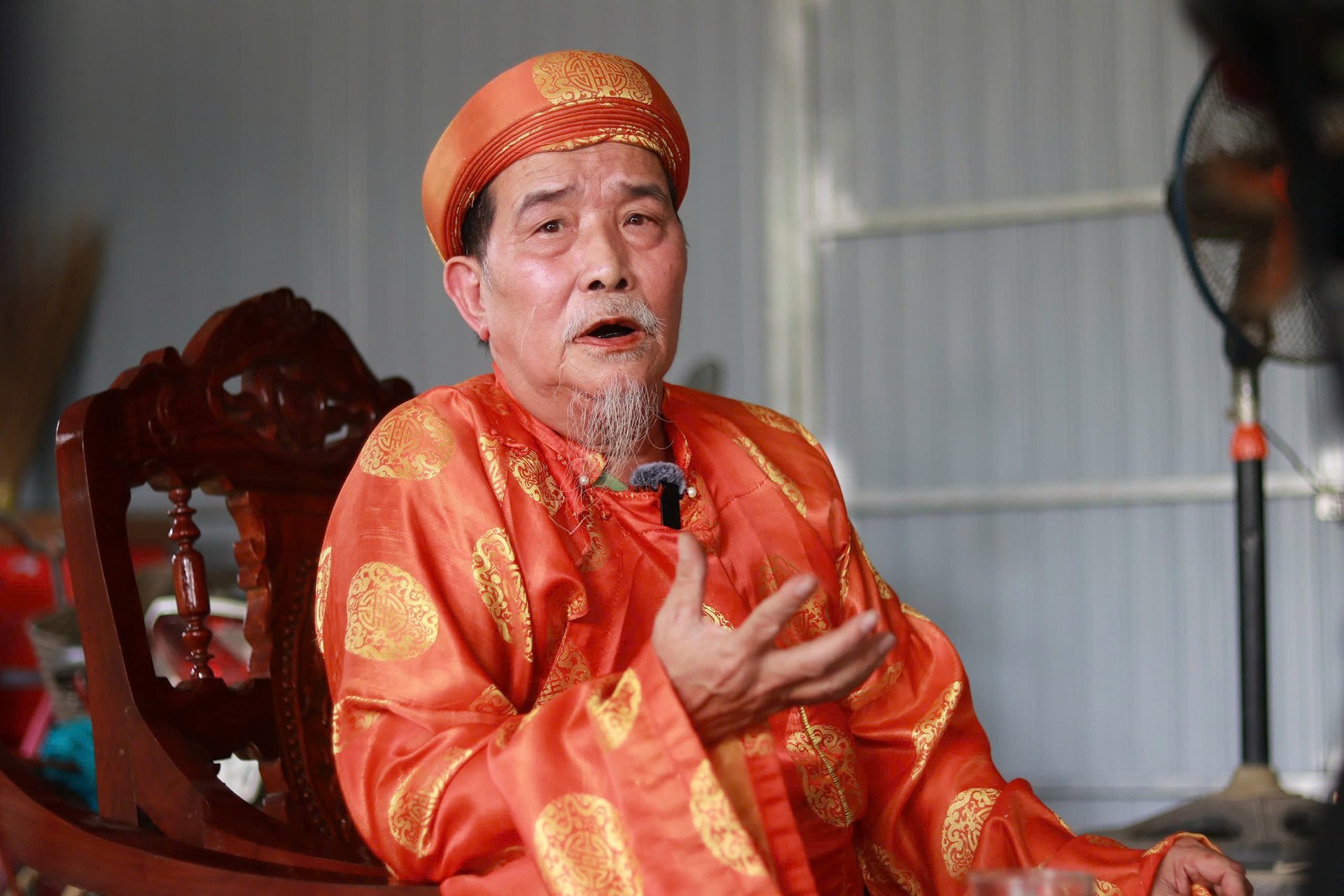






Comment (0)